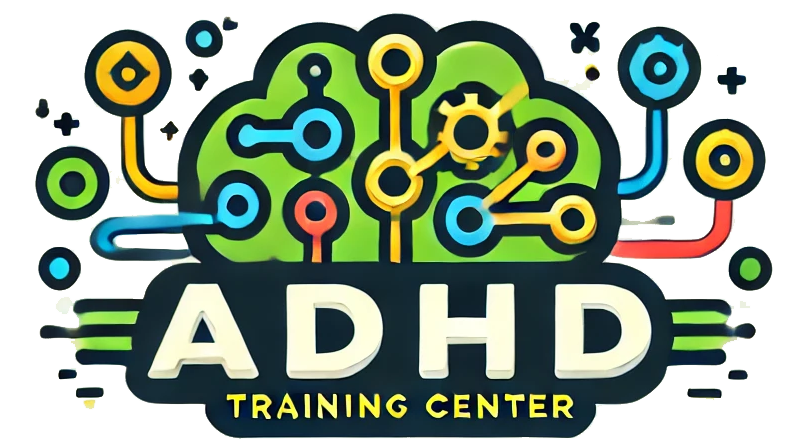Part of understanding neurodivergent individuals, including those with ADHD, is recognizing that the way that we view and understand behaviors are sometimes different than the way we typically assess and respond to neurotypical behaviors. We’ve discussed this a few times on this blog, with posts that are worth reading if you haven’t yet, such as:
- ADHD and Rewatching Shows/Movies
- Children with ADHD Asking “Random” Questions
- ADHD and Trance-Like Behavior
Today, we’re going to talk about another issue that can affect those with ADHD and executive function disorder, and how it can especially affect teens and young adults. Note that not all children with ADHD are going to experience this issue, but those that do may have an ADHD-related cause.
Why Might ADHD Affect Eating Preferences?
Many children go through a stage of picky eating. But in individuals with ADHD, those eating preferences often persist longer and may become more intense or more limiting over time. This may be due to several overlapping ADHD-related traits that influence how a person experiences food, including:
- Sensory Sensitivities – Some individuals with ADHD are more sensitive to taste, smell, texture, and temperature. Foods that are mushy, overly chewy, bitter, or even too visually complex can create a strong aversion. These sensitivities are often overlooked or dismissed as simply being “picky,” but for many people with ADHD, they can be uncomfortable or even distressing.
- Executive Dysfunction – Preparing and trying new foods can require a level of planning, flexibility, and follow-through that may be difficult for someone with ADHD. A person may eat the same few familiar foods because it’s easier than planning for something new or figuring out how to make a different meal. This is especially true of young adults gaining independence, as they may find it especially challenging to take on the tasks of cooking more complex meals.
- Preference for Predictability – Routine and structure can help individuals with ADHD manage their day. This sometimes extends to food. Eating the same meal every day may reduce decision fatigue and increase feelings of control in an otherwise overstimulating environment.
What looks like stubbornness or immaturity in food choices may instead reflect an attempt to regulate internal sensory and cognitive demands.
How This Can Persist Into the Teen or Adult Years
By the time someone with ADHD reaches adolescence or adulthood, their food preferences may be well established and harder to change. That doesn’t necessarily mean they are less mature – it means that the behaviors that helped them self-regulate in childhood have continued into later life because the same cognitive and sensory differences remain.
In some teens, picky eating may become more socially disruptive. They may avoid eating in group settings, turn down invitations involving unfamiliar food, or feel self-conscious about their limited diet. Others may continue eating the same few meals every day without issue, especially if it fits into a stable routine.
Parents of young adults with ADHD may find themselves getting concerned or frustrated because their child is cooking something like ramen every day without necessarily the nutrients they need to thrive. This frustration often comes from a misunderstanding of why the child is eating these foods, focused on laziness rather than ADHD.
These patterns can also be reinforced by past experiences. If trying new foods has consistently led to unpleasant sensory experiences or feelings of overwhelm, the individual may develop food-related anxiety or aversion that continues into adulthood.
Supporting Healthy Eating Without Forcing Change
Support for ADHD-related picky eating is rarely about “fixing” the issue. Those with ADHD are unlikely to suddenly start liking cooking or enjoying more foods immediately. But we still want these individuals to eat better and more productively. We can:
- Provide easy meals that have a broader range of nutrients that they can eat more regularly without worrying too much about their nutrient intake.
- Cook the same meal with them over and over again, so that they find it a bit easier to process, management, and remember the requirements.
- Offer new foods in lower pressure environments, with no expectation to eat, possibly paired with other foods that they enjoy.
- Encourage them to cut out any particularly harmful meals (eg, ramen without nutrients) or show them easy ways to add nutrients without affecting taste.
You may also want to consider partnering with a nutritionist, to ensure that they’re getting adequate meals and are taught ways to vary their nutrient intake without adding to their cognitive load.
Remember, what matter is not necessarily the picking eating itself, but whether or not they’re nourishing their bodies effectively, and whether they’re experiencing any social distress from the way picky eating might be affecting their relationships.
When to Explore Additional Help
Not everyone with ADHD who is a picky eater needs intervention. But when eating habits start to interfere with health, social functioning, or day-to-day life, it may be worth speaking with someone to help your child overcome these difficulties. Our ADHD coaching services may not specifically provide nutritional guidance, but they can be used to help motivate and teach young adults with ADHD how to make sure they’re motivated to get adequate nutrition and manage the stresses of their relationship with food.
Serving the entire United States, ADHD Training Center offers ADHD coaching for students AND parents. Reach out today if you need help.


